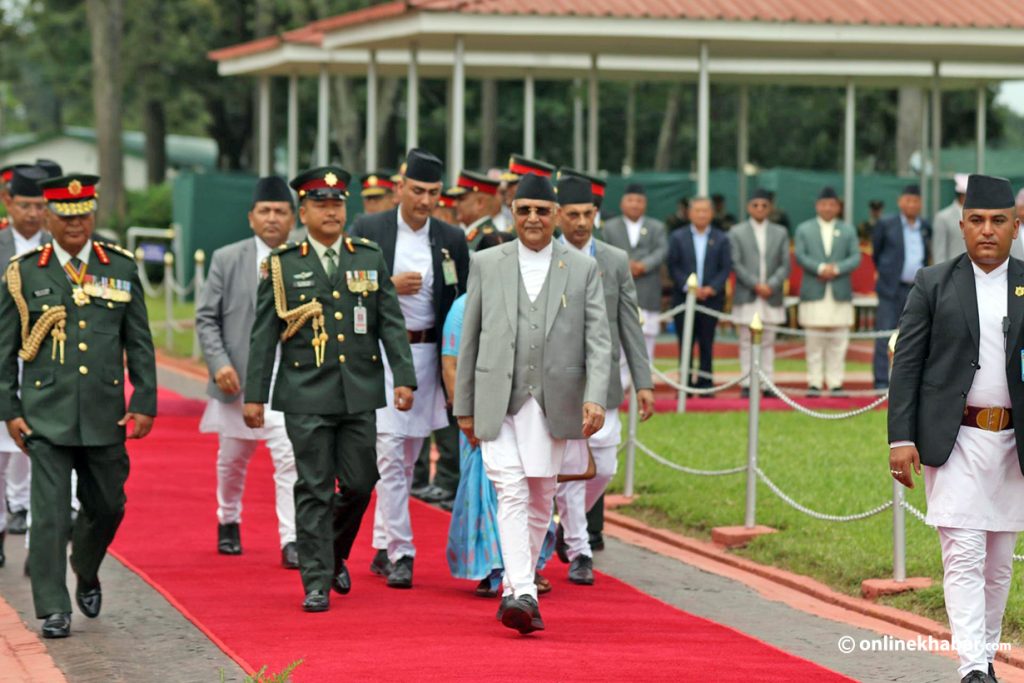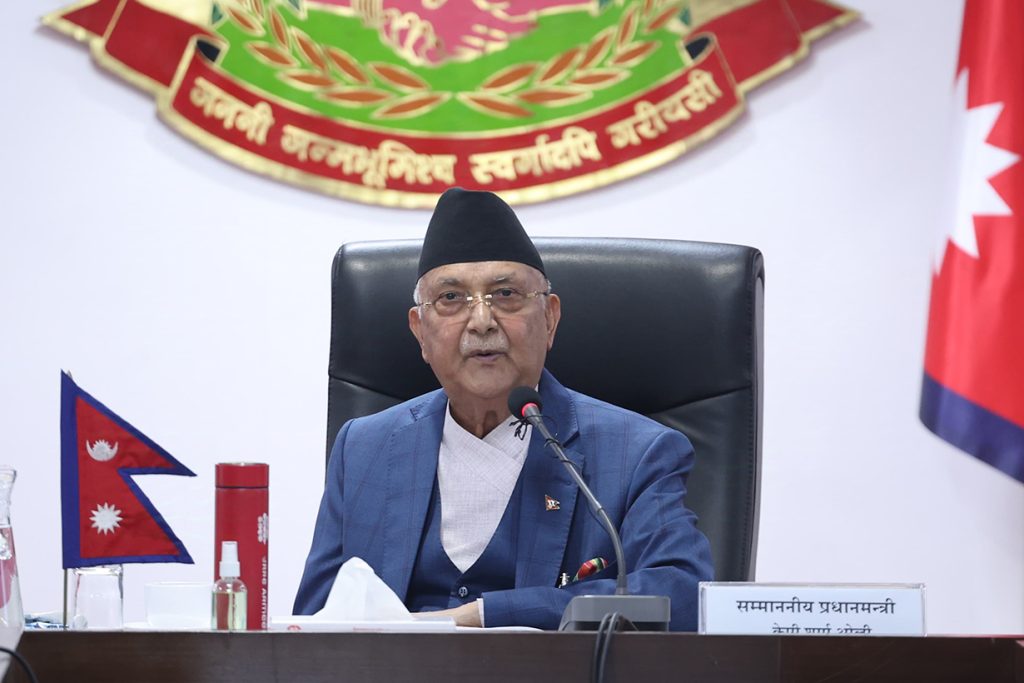Kathmandu, March 18
A book titled ‘Sustainable Livelihood Systems in Nepal: Principles, Practices and Prospects’ , was launched at the IUCN Nepal Country Office in Lalitpur on Friday.
It has the IUCN and Canada Foundation for Nepal as publishers.
The book contains contributions of 36 Nepali diaspora authors, who are authority figures in their respective fields. It aims to fill the knowledge gap in the field of sustainable development in Nepal as it strives to leave behind underdevelopment and join the league of developed countries.
The editors, contributors and reviewers associated with project are reputed names in their respective fields.
Speaking at the book launch, Govinda P Dahal, one of the editors, said the book is a small contribution of the diaspora to Nepal. Dahal said the book contains materials substantiated by scientific evidence.
Professor Jeev Raj Pokharel, speaking at the programme, stressed the need to learn from past practices for building a disaster-resilient Nepal.
Pointing that stone spouts built close to the Patan Durbar Square about 500 years ago are still functional while air flows through Water Supply Corporation-installed taps rather than water, Pokharel stressed to learn lessons from the past.
China invests two per cent of its GDP on science and technology, India invests one per cent of its GDP, while we invest a paltry 0.3 per cent of our GDP in the field, he said, adding that Nepal can meet its development targets by investing in science and technology.
He lamented that the Prime Ministerial team heading for China did not have even one person from the scientific community.





















